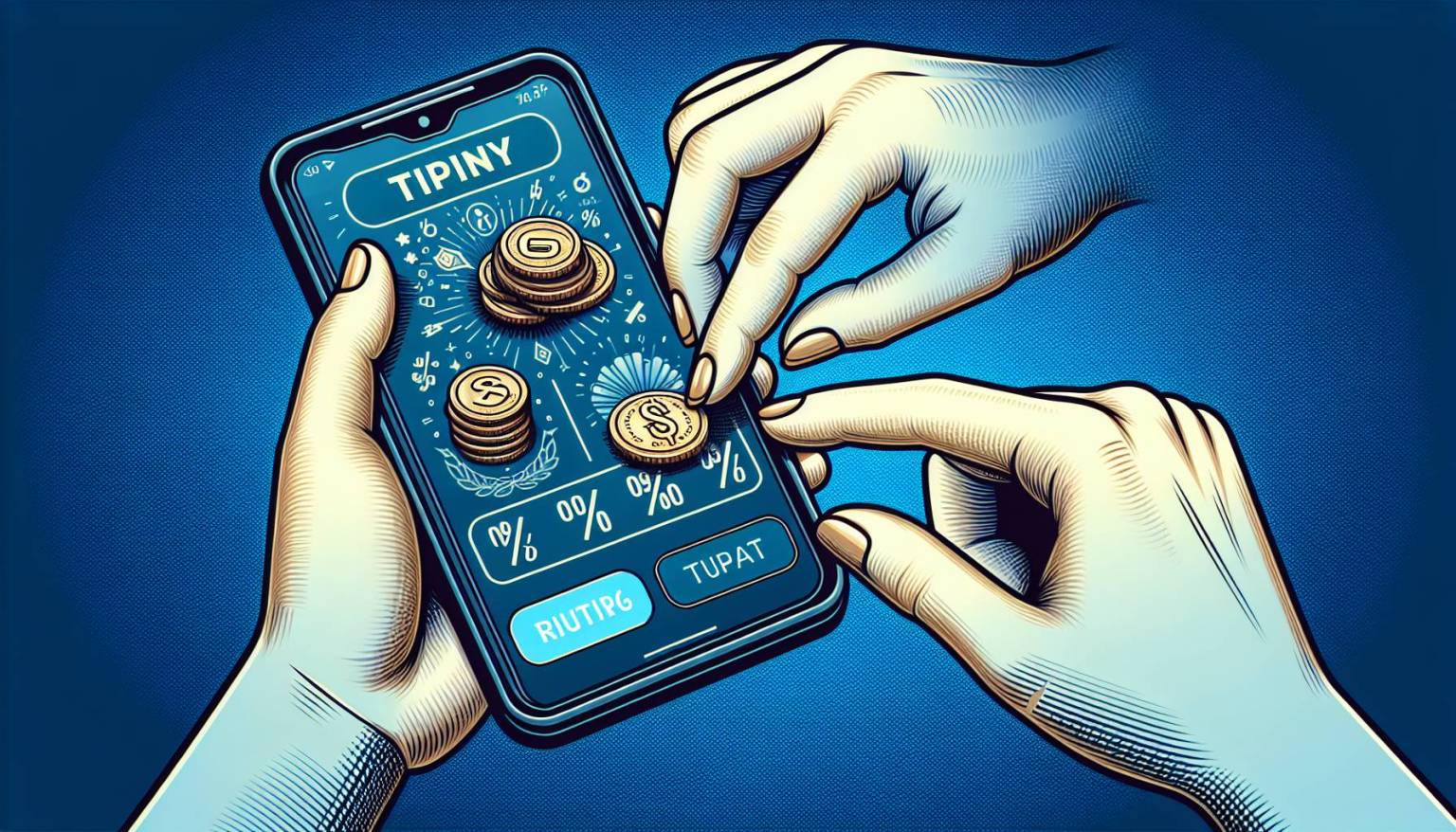With an increasing reliance on digital payment methods, particularly as a result of the COVID-19 lockdowns, digital tipping in the service sector has seen significant growth. According to Professor Ismail Karabas from Murray State University, businesses have been able to smoothly incorporate digital tips into their payment systems. This evolution offers convenience and promotes additional support for hard-working employees within the service industry.
The rise of digital tipping began in restaurants but has since spread across a wide variety of businesses, thanks to point of sale (POS) technology from companies like Square, Toast, and PayPal. This digitization has fostered seamless transactions, eliminated the need for physical cash, and provided a more efficient service industry.
However, Karabas cautions against potential negatives of the system. The strategy should focus on balancing the encouragement of digital tipping while respecting a patron’s right to tip based on their perceived value and quality of the service. The overuse of digital tip prompts could potentially frustrate customers, leading to decreased patronage and affecting revenue negatively.
Adding to this, Professor Karabas highlights the need for businesses to address any potential problems that could arise with the implementation of digital tipping.
Digital tipping’s impact on service industry
This includes ensuring employees receive their fair share of tips, customer privacy concerns, and maintaining an efficient and smooth transaction process.
Despite potential challenges, Karabas points to the financial benefits digital tipping brings to workers. Digital tipping has the potential to boost employees’ overall income, which can add to job satisfaction, help reduce turnover and foster a positive working environment. This ultimately also compliments business growth and success.
This new payment culture has also ignited debates around fair wages and reliance on tips. It’s essential to stay informed and updated about changes in technology that may affect tipping choices and decisions. Despite these debates, the significance of gratuity in service-based industries remains unchanged, emphasizing the need to make the tipping process as transparent and straightforward as possible.
The surge in digital tipping signifies a major shift in our transactions and exchanges, undeniably transforming the service industry compensation model. While it certainly presents its share of challenges, the potential to reshape the perception and practice of tipping in the service industry is immense.

